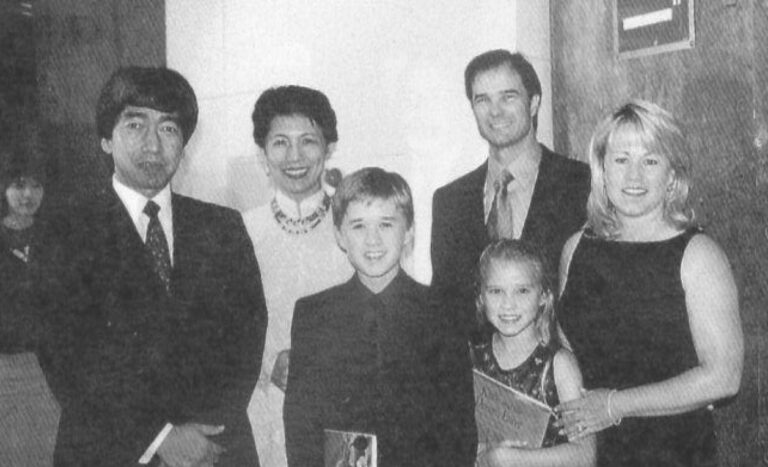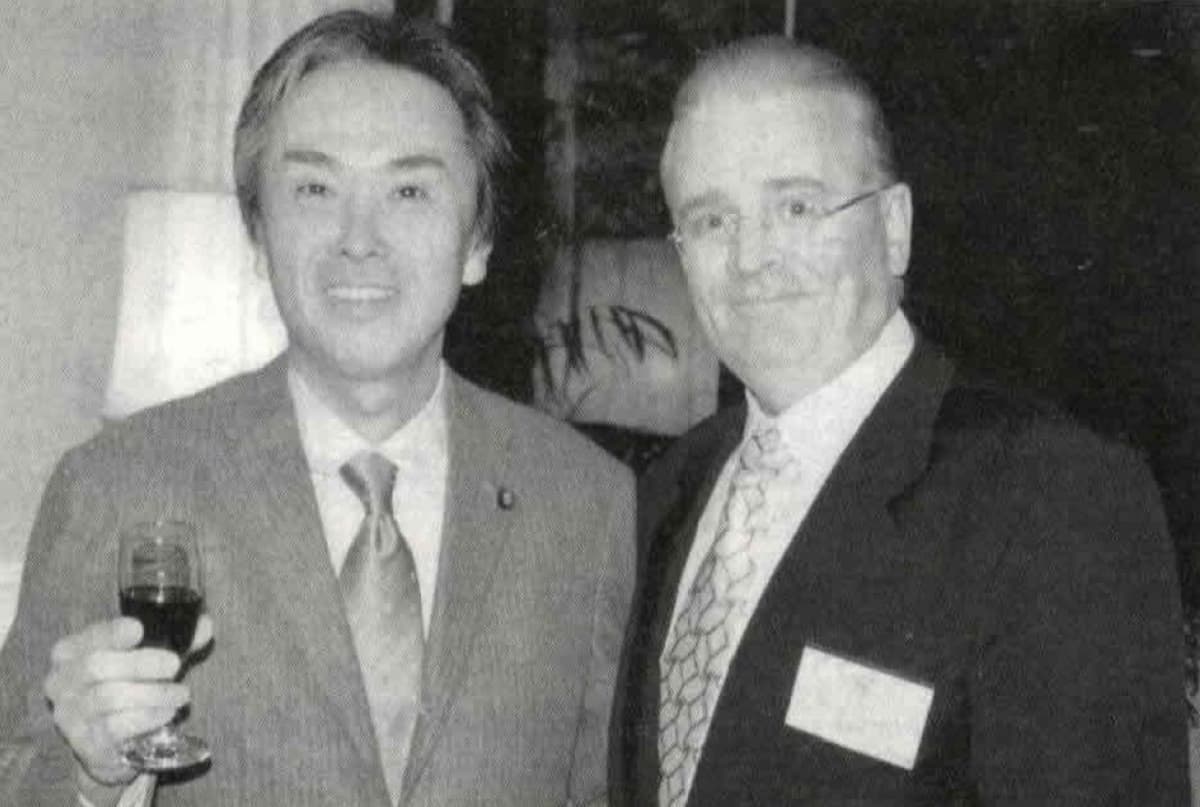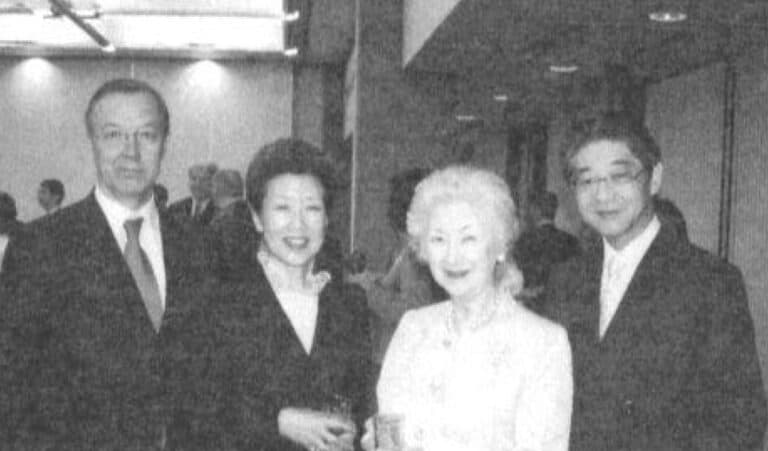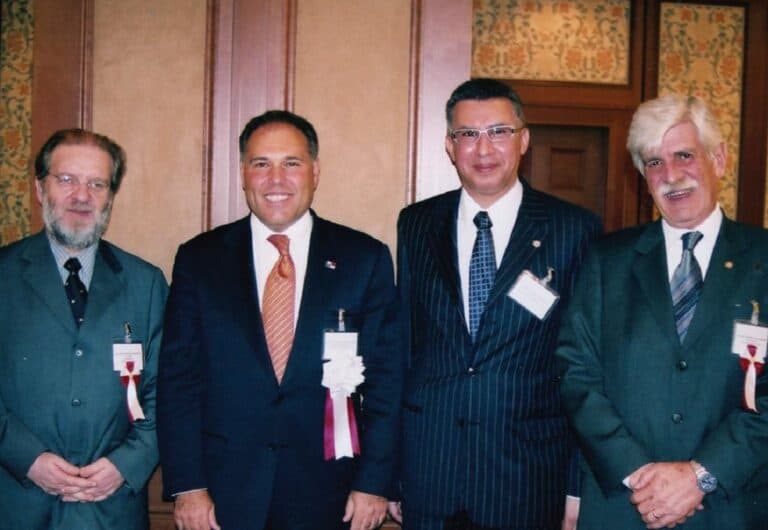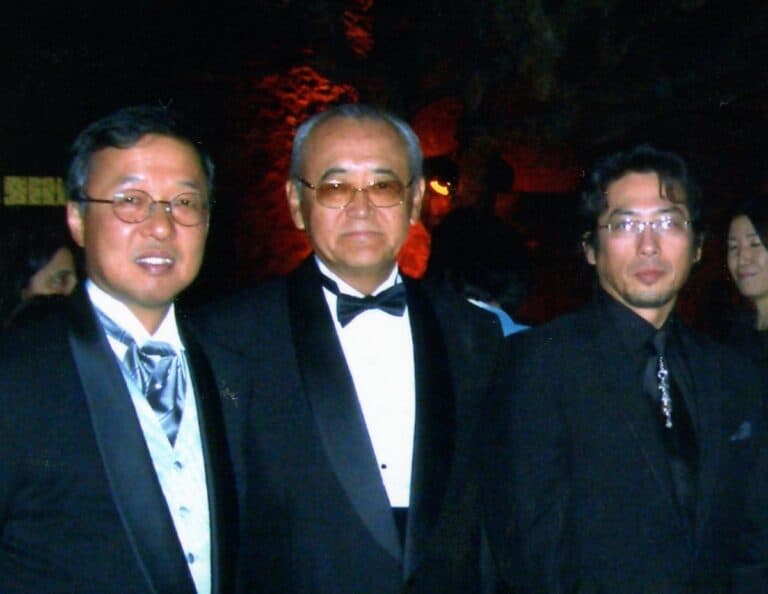I’m a Yokohamaboy! Exclusive interview with Ambassador Sabr Yessimbekov
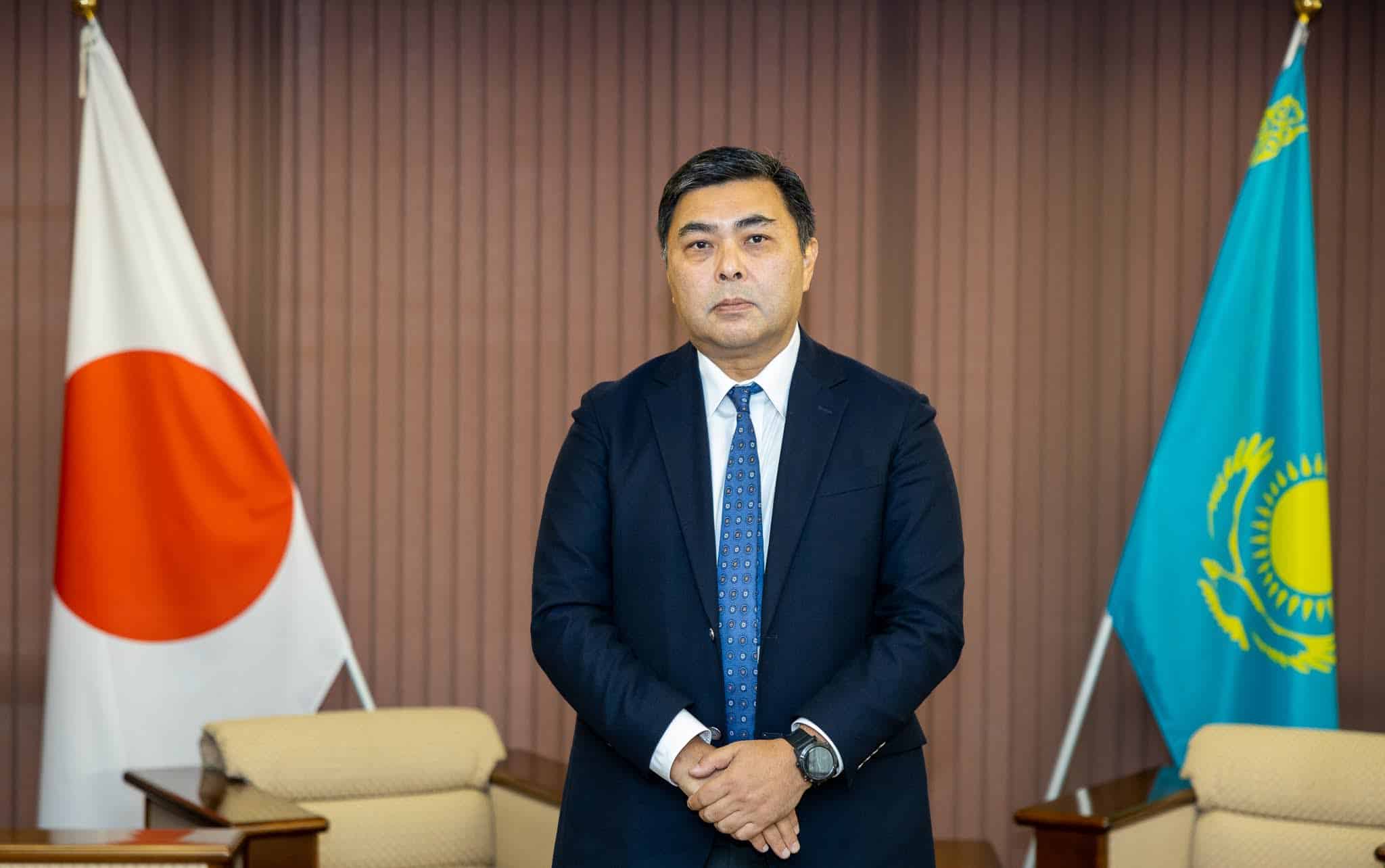
When I was an exchange student, I was called “Sabyan.” I convey the charm of Kazakhstan with perfect Japanese and business sense.
H.E. Mr. Sabr S. YESSIMBEKOV, Ambassador Extraordinary and Plenipotentiary of the Republic of Kazakhstan to Japan.
My career
I was born and raised in Almaty, the capital of Kazakhstan, during the Soviet era. After graduating from high school, I studied Japanese at Moscow State Institute of International Relations. After the collapse of the Soviet Union in 1991, Kazakhstan became an independent state, and I have maintained close ties with Japan ever since.
In 1996, I completed my master’s degree at Yokohama University and became a diplomat. Since 2000, I have served as chairman of state-owned companies and the Kazakhstan Chamber of Commerce and Industry, and for about 10 years until I was appointed ambassador last year, I served as co-chairman of the Kazakhstan-Japan Economic Committee. In this way, I have been involved in all aspects of cooperation between Kazakhstan and Japan over the past 25 years.
About a year ago, I was appointed Ambassador of Kazakhstan to Japan. I feel very honored and humbled by this mission. In the future, I would like to make serious efforts to further deepen the relationship between our two countries.
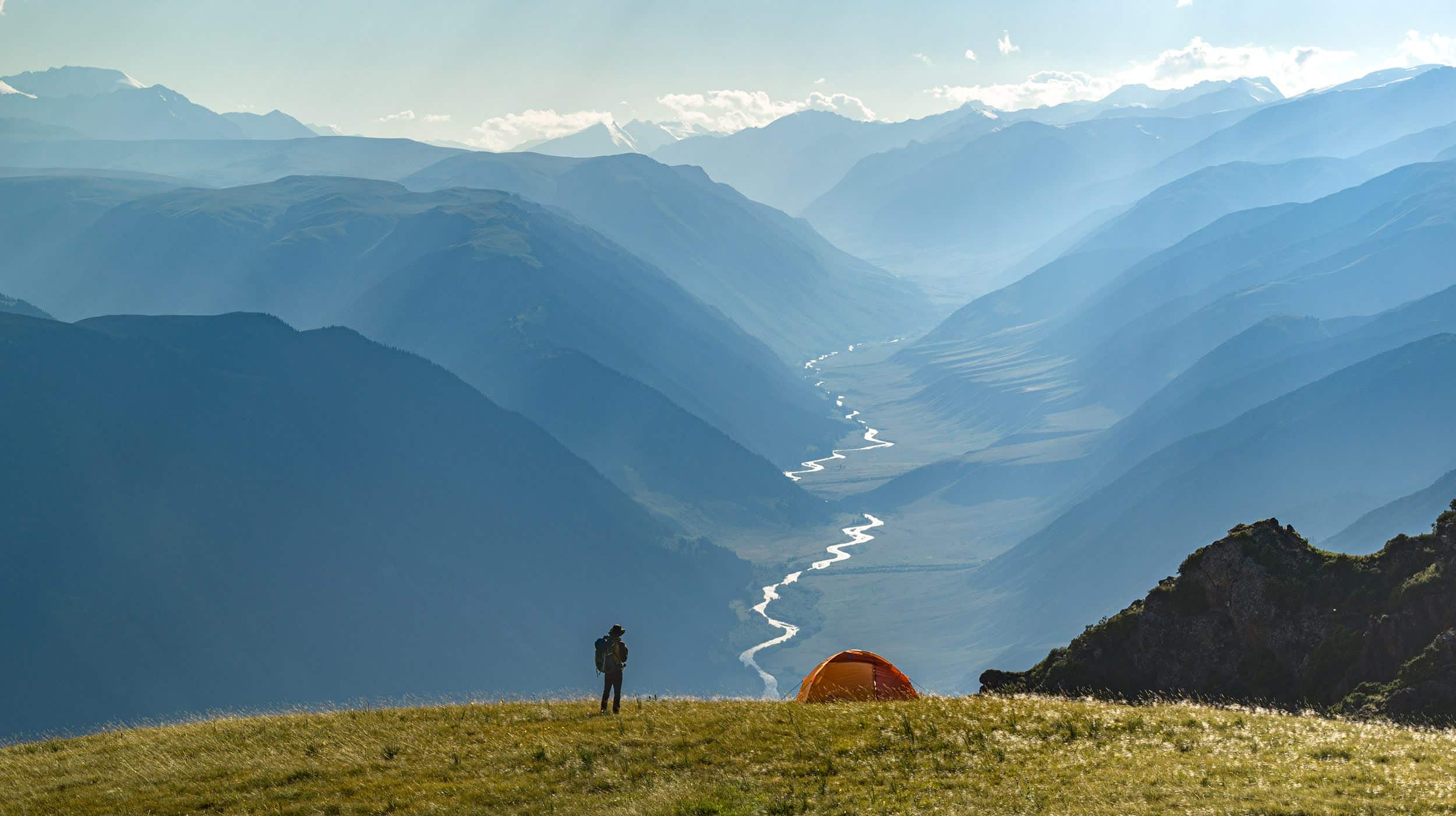
Relations between Japan and Kazakhstan
Kazakhstan celebrated its 30th anniversary of independence last year. Japan was one of the first countries to recognize our independence. Currently, the relationship between the two countries is at the strategic partnership level. We have close cooperation not only in the field of politics and diplomacy, but also in various fields such as economy, trade, culture, education, and people-to-people exchanges.
Today, a high level of mutual trust and political dialogue has been established between the two countries. Summit-level talks, inter-governmental relations, and exchanges between the parliaments of both countries have been actively progressing, and parliamentary friendship federations have been established in both countries. In addition, exchanges in areas such as education and culture are active.
There are no problems politically, historically, or geographically between Kazakhstan and Japan, and we have an extremely friendly and cooperative relationship. We would like to continue to focus on deepening exchanges in these various fields. We would like to further develop the relationship between our two countries to make it worthy of a true strategic partnership level.
In addition, I am confident that Kazakhstan and Japan can contribute not only to bilateral relations, but also to the stability and security of the international community. I hope Japan will further deepen the relationship between our two countries in various fields and the cooperative relationship in the international community.
Kazakhstan’s goal is the achievement of sustainable economic growth and industrial development throughout Central Asia, and I hope that it will implement concrete projects with Japan in order to achieve this.
Japan is the first country to establish a framework for multilateral dialogue, called “Central Asia plus Japan.” There is also a plan to hold a foreign ministers’ meeting in Tokyo this year for a dialogue called “Central Asia plus Japan.” On that agenda are concrete talks on strengthening trade, economics, investment, and humanitarian exchanges.
Multilateral cooperation is also actively developing within the framework of various international organizations. Japan, along with Kazakhstan, regularly co-sponsors many UN resolutions and other resolutions, supporting the initiatives and proposals of both countries with the goal of establishing peace, prosperity, and stability.
I hope that we can continue to deepen our cooperative relationship with Japan in the areas that are important to both countries and in the international community.
Kazakhstan and Japan are celebrating the 30th anniversary of the establishment of diplomatic relations, which is a very important milestone in the history of the relationship between the two countries. We will overcome the difficulties caused by the spread of COVID-19 together and hold joint events at various levels in various fields in this milestone year.
Bilateral Trade Exchange
In terms of economic cooperation, Japan has invested of over $7.7 billion in Kazakhstan since 1993, making it one of the largest investors in Kazakhstan. Currently, more than 50 Japanese companies are operating in Kazakhstan in fields such as commerce, transportation, information technology, communications, health, and real estate.
Trade between the two countries exceeds $1.5 billion annually. Kazakhstan has the potential to become a stable long-term partner for investors and importers, even amid the COVID-19 pandemic and disruptions to global supply chains. Not only in the field of raw materials, but also in the manufacturing industry, the world’s largest companies choose Kazakhstan as a local producer.
Kazakhstan is blessed not only with petroleum, uranium, rare metals, non-metals, and other mineral resources, but also with vast fertile soil. Since Japan is a country with high potential in areas such as investment, industry, and technology, Kazakhstan would like to strengthen bilateral relations in these areas.
Currently, a tax treaty, an investment treaty, and a treaty on peaceful uses of nuclear energy have been concluded between Kazakhstan and Japan.
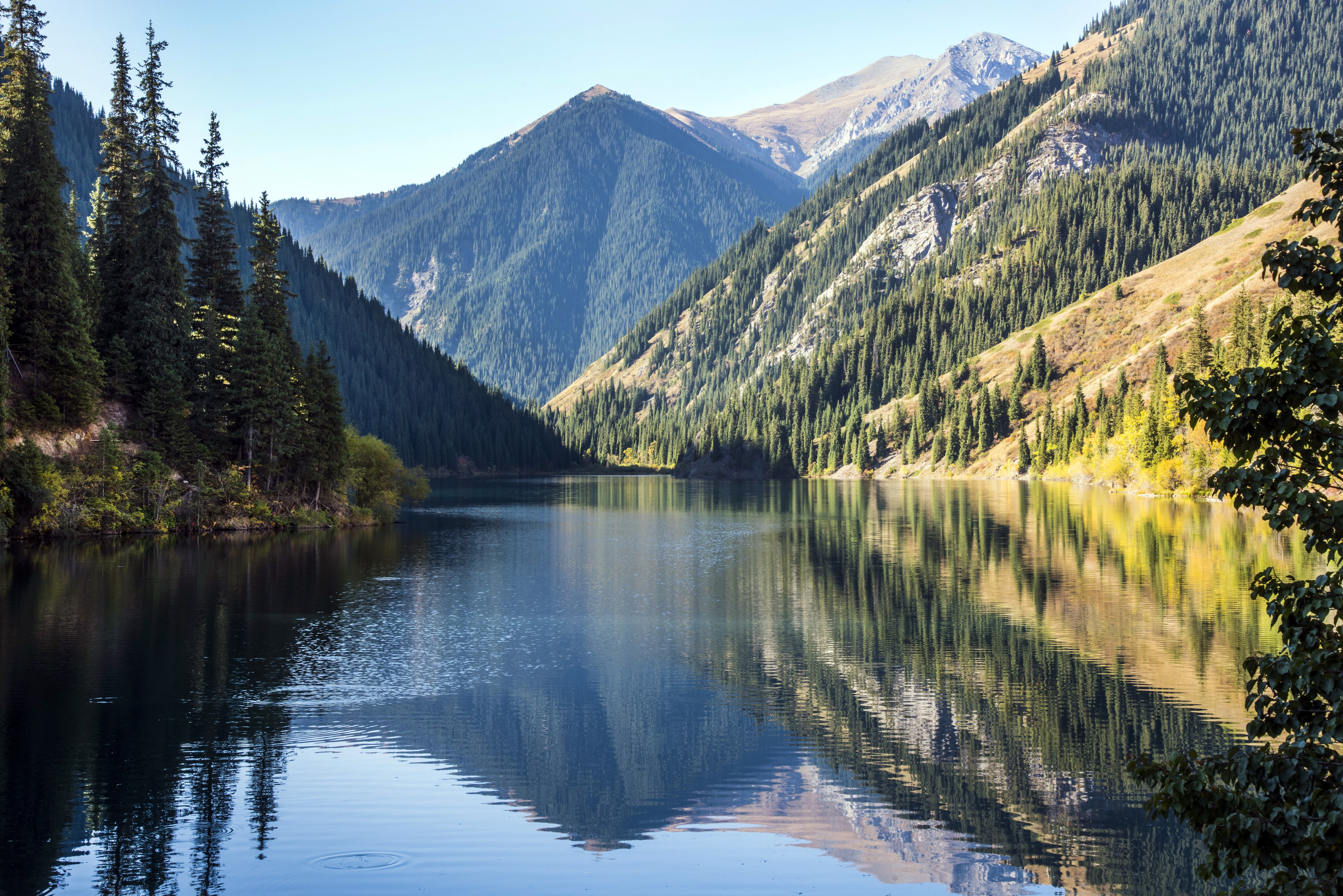
Tourism
The Republic of Kazakhstan is located in the heart of Eurasia and is the ninth-largest country in the world. It is also the world’s largest landlocked country.
Kazakhstan’s nature is fascinating. The Emerald Valley has beautiful lakes, steppes, and mountain landscapes. The grasslands of Kazakhstan are wide and there are many high mountains. The Tianshan Mountains consist of a series of high mountains such as Terskey Ala-Too (4,488m high), Zailiskiy Alatau (4,973m high), and Khan Tengri (7,000m high).
You can also see many precious animals. There are about 50 species of rare animals, including mammals such as Manul cats, gazelles, argali, and lynx, which are listed in the Red Book.
Kazakhstan’s major cities, such as Astana and Almaty, are known for their impressive architecture and spacious parks. The ancient city of Turkestan is also an important tourist destination and is home to the World Heritage-listed mausoleum of the religious leader and poet Khoja Ahmed Yasawi.
Kazakhstan has many national parks and nature reserves, as well as the Caspian Sea to the west. Due to its continental climate, Kazakhstan has cold winters and hot summers, so the relatively mild months of April to June and August to October are the best times to visit.
Since 2014, Japanese citizens can visit Kazakhstan without a visa. I would like to take this opportunity to invite the readers of Hersey and Tokyo Weekender to Kazakhstan.
Kazakh culture and sports
In Kazakhstan, sports, physical education, and extra-curricular activities are taken very seriously. Kazakhstan has produced many athletes who have achieved excellent results in sports such as Olympic wrestling, ice hockey, weightlifting, track and field, cycling and boxing. And one of the most popular sports is soccer.
Many professional road racers from Kazakhstan participate in European cycling competitions. The most famous player is Alexandr Vinokourov, who has performed well in both Paris-Nice competitions.
Kazakhstan is also a country passionate about winter sports. In 2011, the Asian Winter Games were held in Almaty and Astana (at that time).
Women’s social advancement
The employment rate of women in Kazakhstan is currently over 60%. With the labor force population increasing, the promotion of women’s empowerment is one of the most pressing issues for the government of Kazakhstan. In order to realize a society in which women can play an active role, it is necessary to enact laws and systems that make it easier for women to balance childbirth, childcare, and work. The Kazakhstan government has now created an institutional and regulatory framework to effectively implement its gender policy.
At the national level, in order to ensure gender equality in all areas of social life, gender policy institutions such as the State Committee for Women, Family and Population Policy have been established and function under the President of the Republic of Kazakhstan.
We pay special attention to the role of women in politics. The percentage of women in the current Kazakhstan parliament has reached 20.4%. In addition, 55% of civil servants are women.
Recognizing that gender equality can affect the competitiveness of the nation as a whole, Kazakhstan will continue to take all possible measures to increase the participation rate of women.
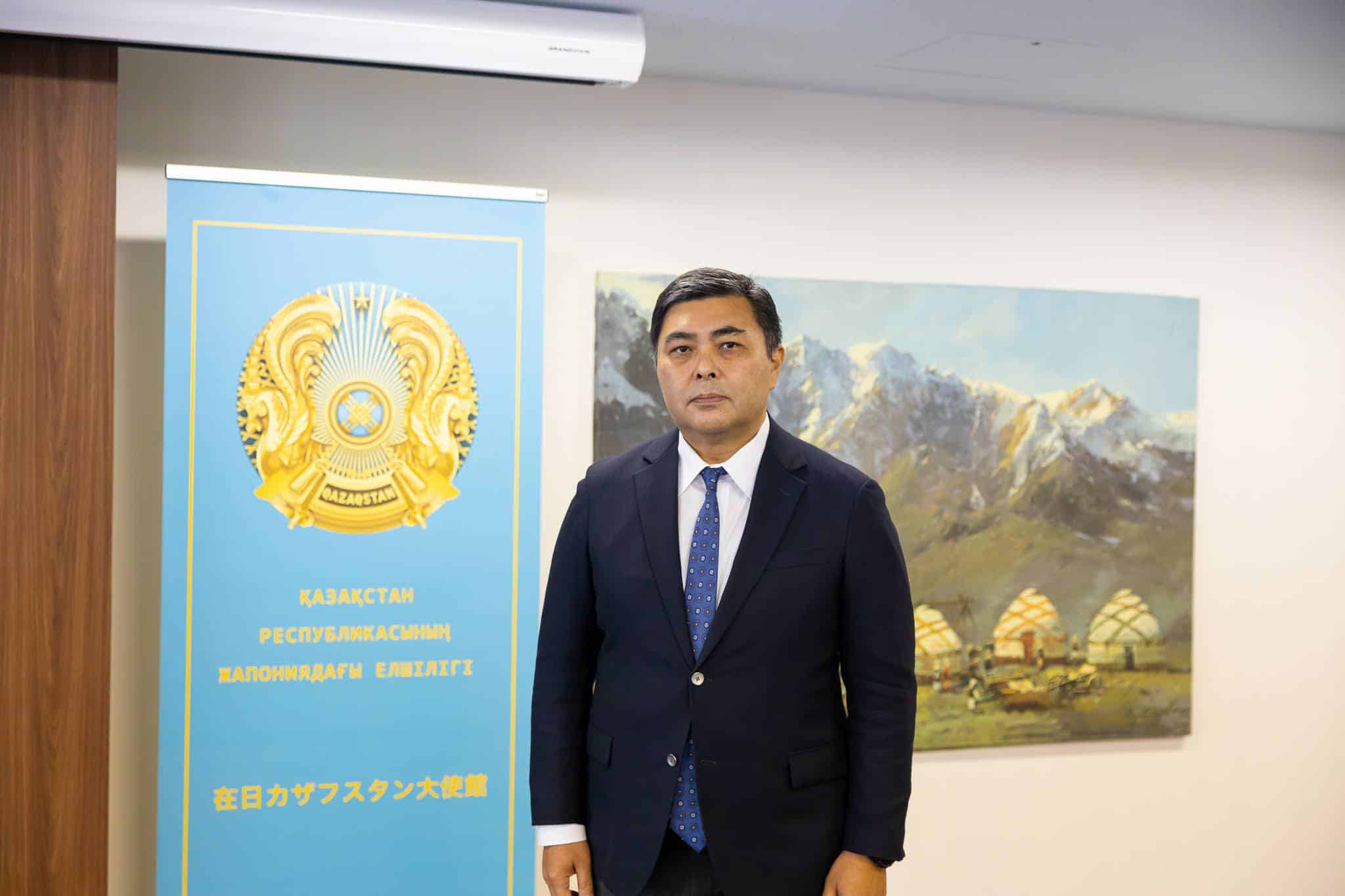
Future Vision
Japan is Kazakhstan’s most important partner country. The relationship between the two countries is now at the strategic partnership level. Cooperation is close not only in the field of politics and diplomacy, but also in various fields such as economy and trade, culture, education, and people-to-people exchanges.
There are no problems politically, historically, or geographically between Kazakhstan and Japan, and we have a friendly and cooperative relationship. I would like to continue to focus on further deepening exchanges in these various fields. We intend to further develop the relationship between our two countries to a level befitting a true strategic partnership.
A strategic partnership means that cooperation in all areas is mutual and serves the national interests of both countries. In addition, I am confident that Kazakhstan and Japan can contribute not only to bilateral relations, but also to the stability and security of the international community. Therefore, I hope Japan continues to deepen the relationship between our two countries in various fields and the cooperative relationship in the international community, and we would like to respond to Japan’s expectations.
Kazakhstan has plans to become one of the 50 countries with the strongest competition and to diversify its economy. I hope Japan expands into fields such as the introduction of advanced technology and the infrastructure field.
We thank Ambassador Sabr Yessimbekov for this interview.
For more information visit the official embassy website: Embassy of the Republic of Kazakhstan in Japan
Read more

